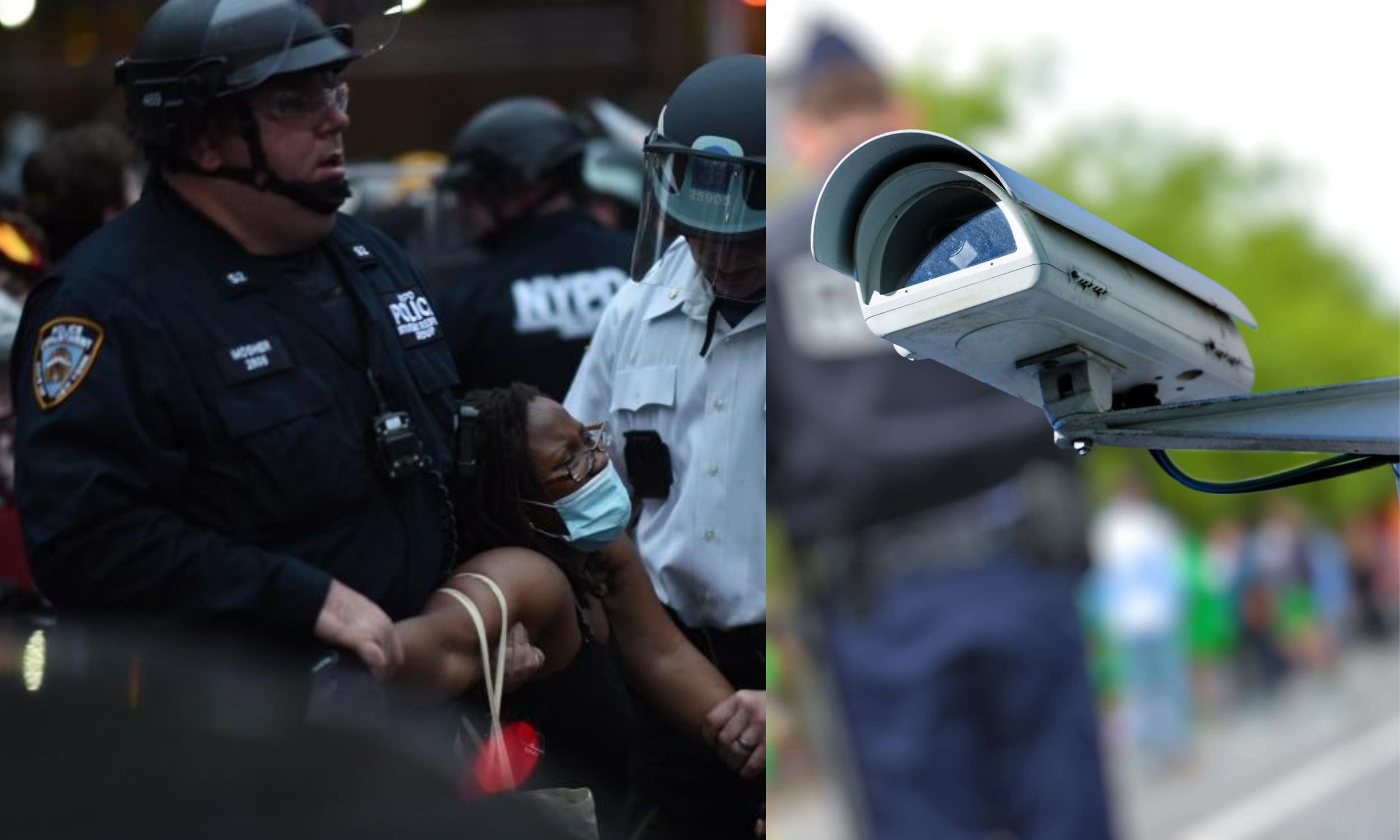The Supreme Court recently ruled that civil asset forfeiture, a practice where police can seize personal property without a warrant or conviction, should continue. The case Culley v. Marshall involved two individuals whose cars were taken by Alabama police despite not being involved in criminal activity.
The court’s decision, led by Justice Brett Kavanaugh, stated that civil forfeiture is constitutional as long as a hearing is provided, even if it takes place long after the property has been seized.
Critics argue that this practice violates the Due Process clause and allows police to profit from stolen property. According to a report by the Institute for Justice, federal, state, and local governments made $68.8 billion from civil forfeiture between 2000 and 2019. The practice disproportionately affects low-income communities and can lead to false pleas and settlements from desperate property owners.

Justice Sonia Sotomayor, joined by Justices Elena Kagan and Ketanji Brown Jackson, dissented, highlighting the distinction between criminal and civil forfeiture. Civil forfeiture requires no crime and can result in unchecked abuse. Sotomayor noted that 80% of civil forfeiture cases do not result in a criminal conviction.
The ruling has sparked outrage, with many seeing it as a violation of private property rights and an example of government overreach. The decision has also raised questions about the hypocrisy of Republicans who claim to care about private property but support civil forfeiture.
In a concurring opinion, Justice Neil Gorsuch seemed to struggle with the intellectual hypocrisy but eventually sided with the majority. The ruling has left many wondering if any limitations will be placed on civil forfeiture practices.


